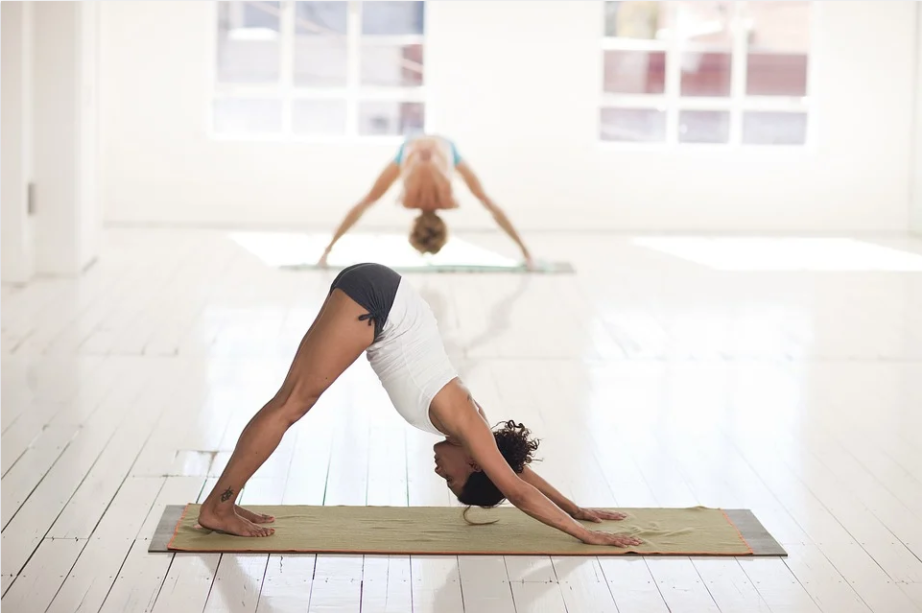Major Health Benefit of Yoga Poses
Yoga is one of the simplest types of exercise you can do to improve your health, mind, and body. All you need is a yoga mat and comfortable clothes, or none at all if you prefer to do yoga naked!. Visiting the yoga studios for weight loss is the best idea.
Improve Brain and Heart Health
Increase Your Flow
While yoga’s infamous spiritual and transformational benefits make the practice worth trying, its strength as physical activity shouldn’t be overemphasized. According to the American Council on Exercise study on yoga, participants who practiced hatha yoga for eight weeks increased their muscle density and improved their physiological strength (they could perform more tasks and crunches after the study). This comes as no real surprise to yoga practitioners. Common poses such as the four-legged pole pose, also known as chaturanga, and the boot pose are bodyweight exercises that stimulate muscles in the same way crunches, push-ups, and planks.
Increases Sex Drive
It has been suggested that our overall sex drive decreases with age. Well, research indicates that you can find a boost with yoga to improve your libido. Can there be a final pose for this? Indeed there is. Harvard Health Publications lists cobra functions as a yoga pose that enhances sexual performance. As well as improving your physical strength and versatility, reducing stress and improving your mental focus, yoga can also help you sleep better at night.
Help You Lose Weight

Just like any other type of exercise, yoga can be a fantastic tool for weight loss. Although most yoga isn’t as fast-paced as some cardio and HIIT workouts, it still burns calories, which forces weight loss. According to Harvard Health, a 155-pound person can burn 149 calories through 30 minutes of hatha yoga, the most common yoga category in yoga and fitness studios. Considering that the ideal way to lose weight is through exercise and healthy eating, yoga practice qualifies as a weight-loss tool. And even though I only did yoga occasionally, I was able to maintain a healthy weight. The goal is much more critical if you are an athlete. Weak core muscles affect your endurance and limit your ability to flex or extend your entire body. Worse, they lead to lower back pain and muscle injuries.
Strengthen Your Core Strength
Hatha yoga is a great way to strengthen your core strength. Many of these strong presentations, such as Barco, Plank, and Downward Facing Dog, target the gut’s front. Chair and Warrior, I present work on your glutes. The half chair and high position increase your spine’s effectiveness and improve your bend and twist ability. Sometimes this results in the disease osteoporosis, which is characterized by weak and brittle bones. While proper nutrition is essential for bones, hatha yoga could be valuable in treating bone loss as it promotes bone density.
Promote Balance and Coordination

According to one study, yoga may promote balance and coordination, protecting against the deterioration that is a significant cause of osteoporotic fractures. One pair of muscles is used in these poses against another, such as the quadriceps against the hamstrings and the glutes against the shoulders. The result is an action that activates the osteoblasts. These are the bone-producing cells that are initially found outside the bone and eventually become osteocytes. These cells then begin to integrate into the bone. This leads to the formation of bone.

